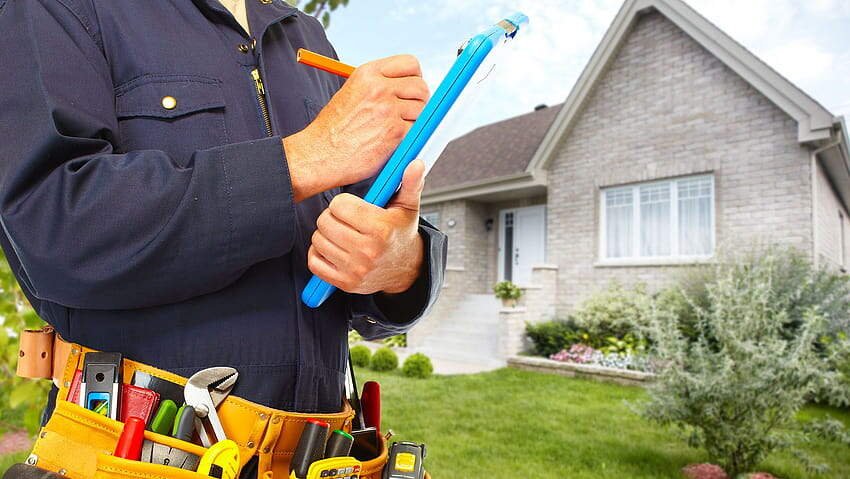As a homeowner, understanding the current market value of your house is essential for various reasons. Whether you are looking to sell, refinance, or simply curious about your property’s worth, knowing the value can help you make informed decisions.
In this comprehensive guide, we will explore five effective ways to determine the value of your house, steps to take when the value increases or decreases, and the frequency of checking.
What is the Value of Your House?
Calculating the value of your house involves several factors, including the location, size, condition, and recent comparable sales in your area. Here are five reliable methods you can use to find the value of your property:
1. Online Valuation Tools
Several real estate websites feature free online valuation tools that can help you get estimates using public data and algorithms. However, these tools do not consider your property’s unique features, such as its design, and the interiors, or recent renovations.
2. Comparative Market Analysis (CMA)
A CMA is a thorough evaluation performed by an experienced real estate agent or appraiser. This is a more accurate expertise-based property appraisal based on recent sales of similar properties in your neighborhood to determine the market value of your house.
3. Hire a Licensed Appraiser
For a precise valuation, consider hiring a licensed appraiser through a broker price opinion services provider. They will conduct a thorough inspection of your house and use their expertise to assess its value based on comparable sales and other relevant factors.
4. Property Tax Assessment
Your local government assesses property taxes based on the value of your house. While tax assessments can provide a rough estimate, they might not reflect the current market conditions.
5. Market Research
Stay informed about the real estate trends in your area. Keep an eye on recent sales, property upgrades, and neighborhood developments to understand how the market is evolving.
Steps To Take If Your Value Goes Up
If you discover that the value of your house has increased, perfect! This opens the doors to several opportunities for you:
Leverage Your Equity: Higher-value homes can get you substantial equity. Consider using a home equity loan to finance home improvements or pay off debts. You can also use it to invest in other ventures.
Reassess Your Insurance: If the value of your house has gone up you may need to update your insurance policy to ensure adequate coverage for your property and possessions.
Refinance Options: Higher-value homes can get you better refinancing rates, saving you money on your mortgage payments.
Steps To Take If Your Value Goes Down
If you find that the value of your house has decreased, here’s what you can do to navigate the situation:
Don’t Panic: Real estate markets often fluctuate. A temporary dip in value doesn’t necessarily indicate a long-term trend. It is best to stay informed and patient.
Avoid Selling in a Slump: Do not get desperate and sell during a market downturn as it may lead to losses. If possible hold onto your property until the market rebounds.
Focus on Improvements: While you wait, invest in the interiors of your property to enhance its appeal through cost-effective renovations. These are most likely to increase its value over time.
How Often Should You Check
The frequency of checking the value of your house varies based on personal circumstances:
Annual Checkup: Usually annual monitoring of property value helps provide a good overview of its appreciation or depreciation. This can be especially useful if you plan to sell or refinance soon.
Market Changes: Keep an eye on local real estate trends. If your area experiences significant shifts in the market, it might be wise to check more frequently.
Major life events: These include – renovations, additions, or changes in local infrastructure that may impact the value of your property, warranting a more frequent check.
Conclusion
Understanding the value of your house is essential for making smart financial choices. You need to explore different ways to determine its worth and know how to react when the value changes. Staying updated about the local market trends will help you confidently navigate the real estate world and make the best out of your property investment. Keep in mind that the real estate market is always changing, so regular check-ins will keep you ahead of the curve.
Recommended Posts:















